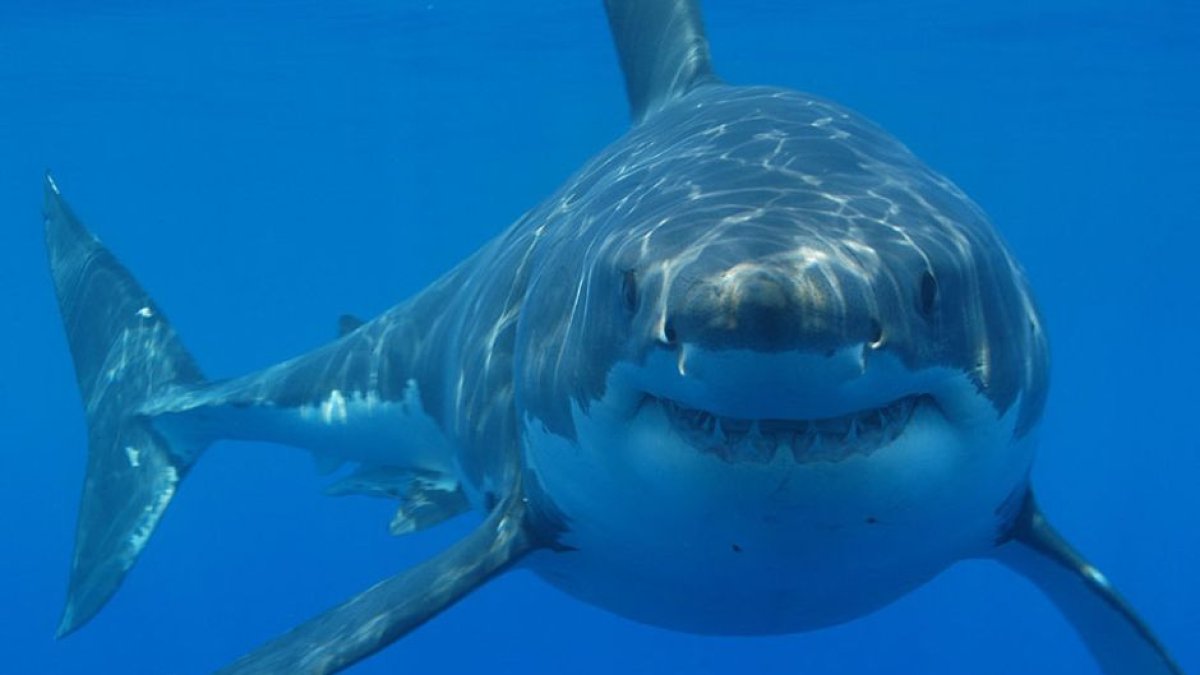Cocaine sharks? Experts claim that sharks are ingesting drugs dumped by drug traffickers off the coast of Florida
Marine biologist Tom Hird studied the strange behavior of these animals in Los Cayos, Florida. His results will be released in the documentary 'Cocaine Sharks' on July 26.

(Wikimedia Commons)
A marine biologist warned that some sharks off the coast of Florida could be ingesting drugs dumped into the ocean by drug traffickers. Tom Hird found, after conducting a series of experiments that will be shown in the documentary "Cocaine Sharks," as part of "Shark Week," that the sharks could be ingesting bales of drugs dumped off the coast of Florida by drug traffickers.
The rumors arose from fishermen's suspicions. They claimed that the sharks were behaving strangely and believed that it could be a direct consequence of being exposed to cocaine. Hird assembled a team and together they decided to investigate whether the rumors were true.
They began their investigation in the Florida Keys, one of the most common places for drug traffickers to dispose of drug bales. There, he explained to the New York Post, they observed unusual behaviors in certain species of sharks. For example, they witnessed a hammerhead shark, which normally avoids humans, head directly toward their team. He was reportedly moving erratically and almost appeared to be disoriented. The same happened with a sand shark that was seen swimming in tight, repetitive circles as if fixated on a particular spot that it couldn't seem to reach.
The results of the investigation will be shared on 'Shark Week'
Researchers took the experiment one step further and dropped fake drug bundles, similar to what sharks might encounter while swimming through the waters of Los Cayos. To their surprise, they witnessed several sharks quickly go after and bite the lure trying to release the substance inside. They tested a second theory and again saw how the sharks reacted to the alleged drug bales.
The results of their study will be released on July 26 on the Discovery Channel as part of the documentary "Cocaine Sharks." The aim of the documentary is not to entertain viewers but to raise awareness of the effects that waste can have on marine life. Tracy Fanara, an environmental scientist at the University of Florida, explained this in a statement reported in The Guardian:
Fanara's partner and lead investigator of the documentary, marine biologist Tom Hird agreed. He explained in statements collected by the New York Post that he hoped viewers wouldn't just be entertained by his findings, but take away an important lesson:

























